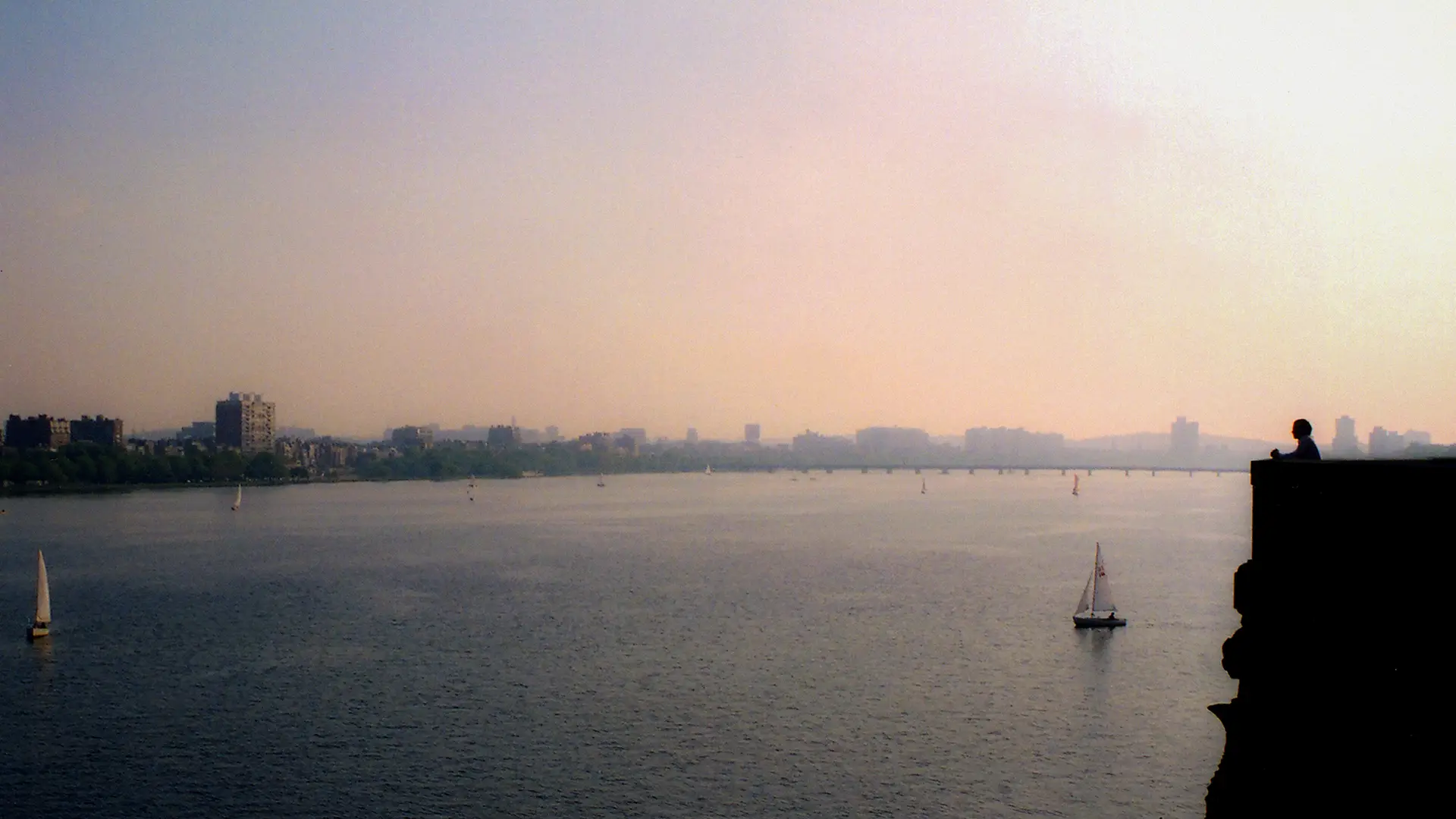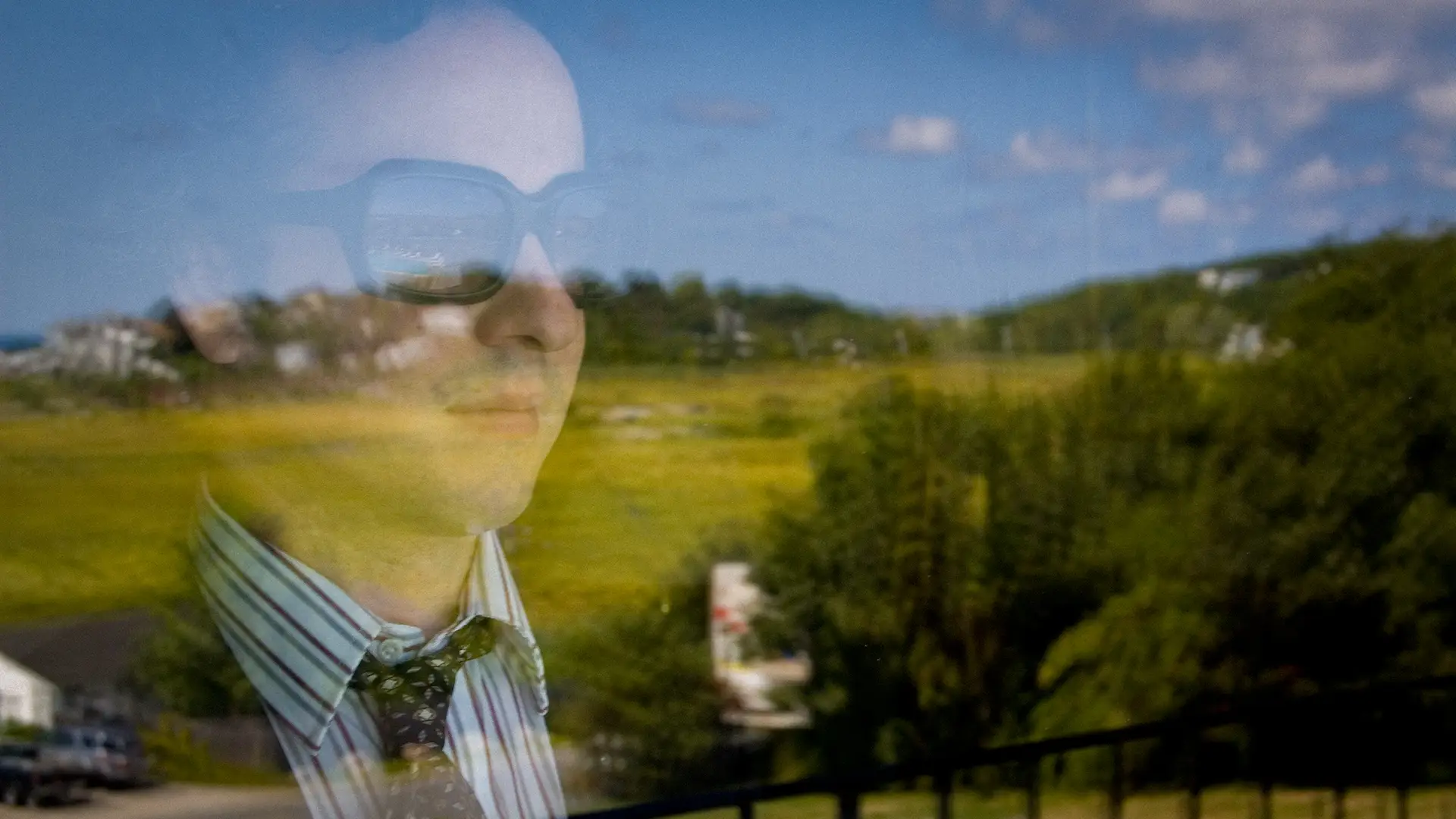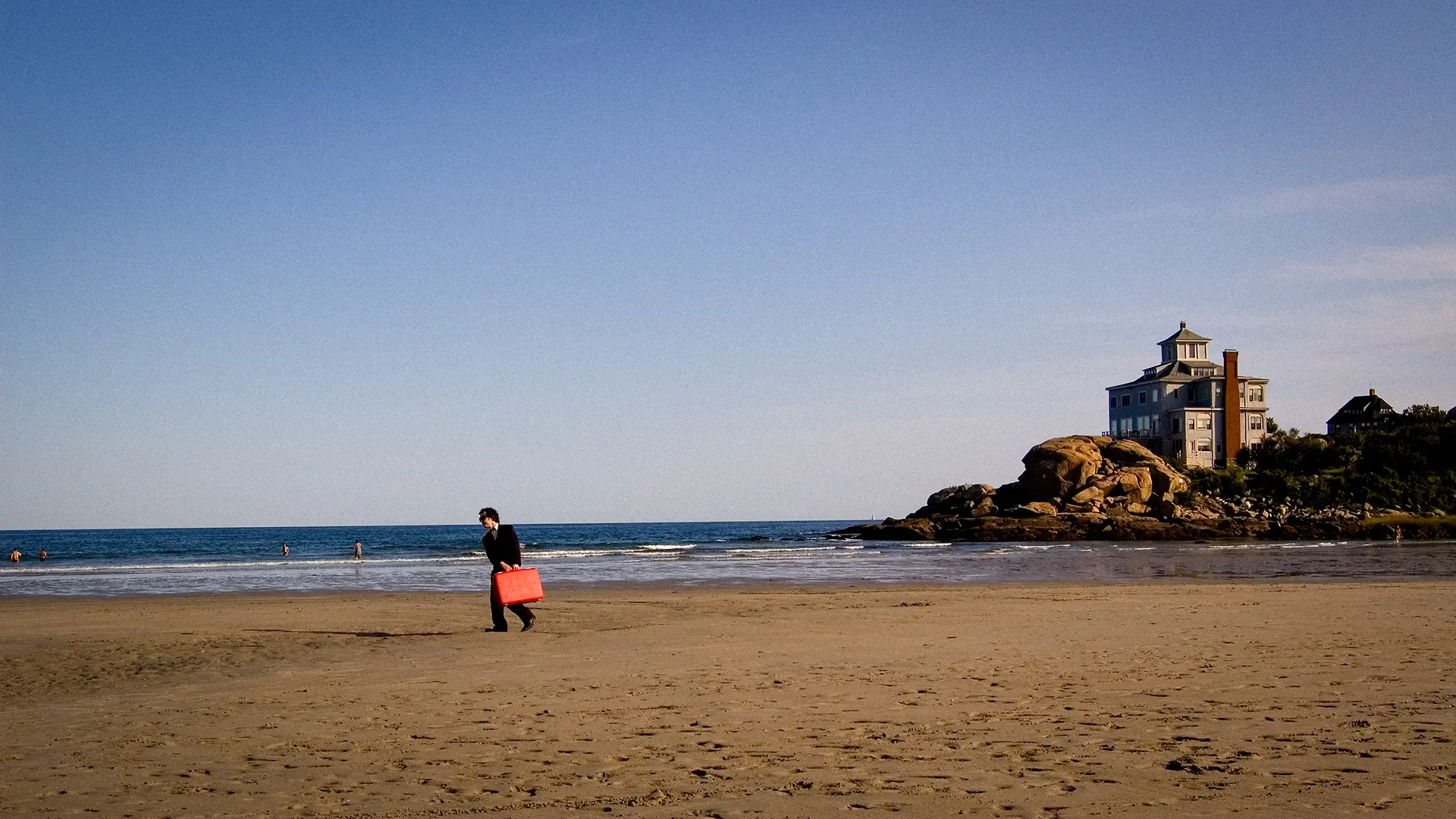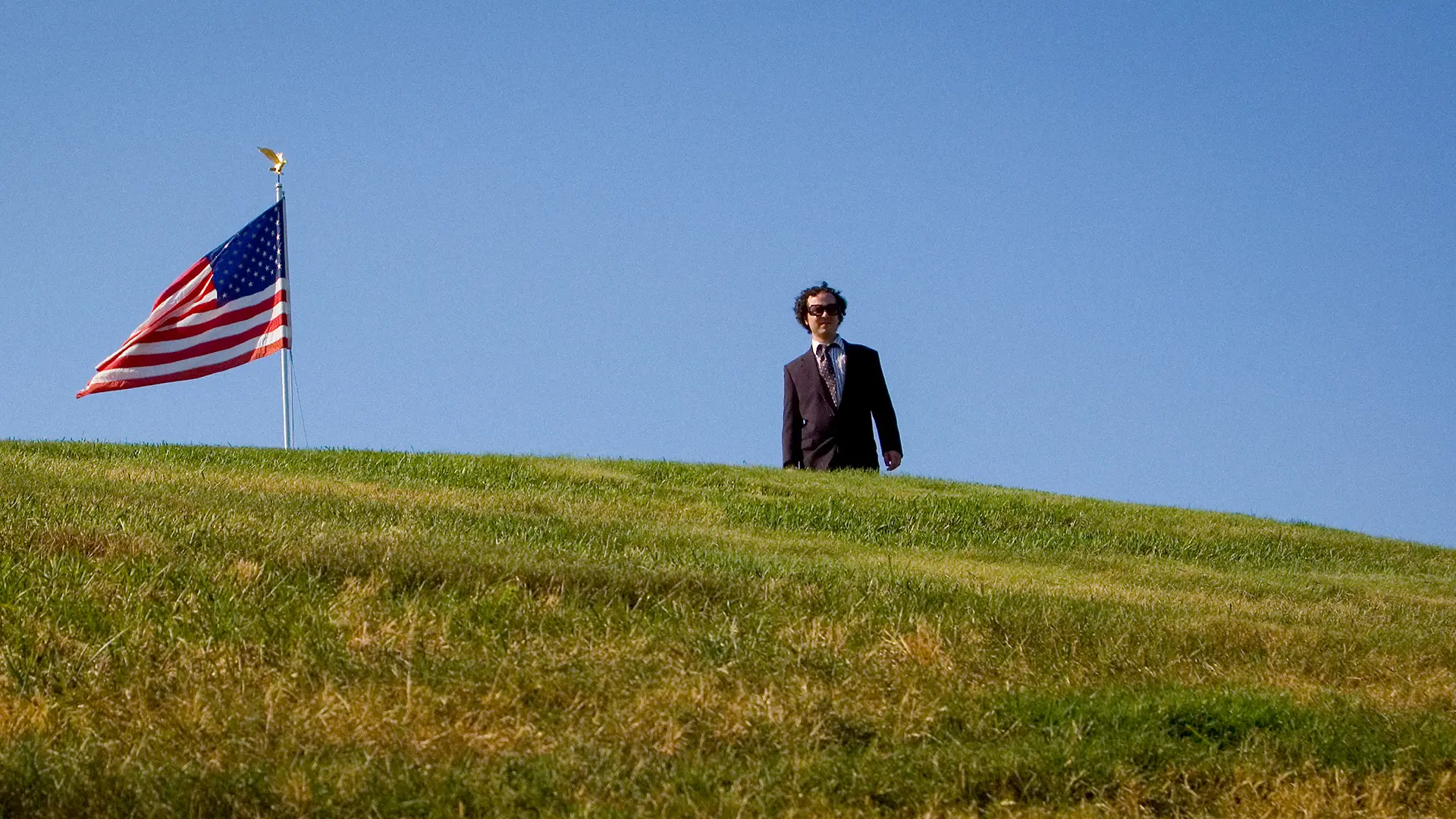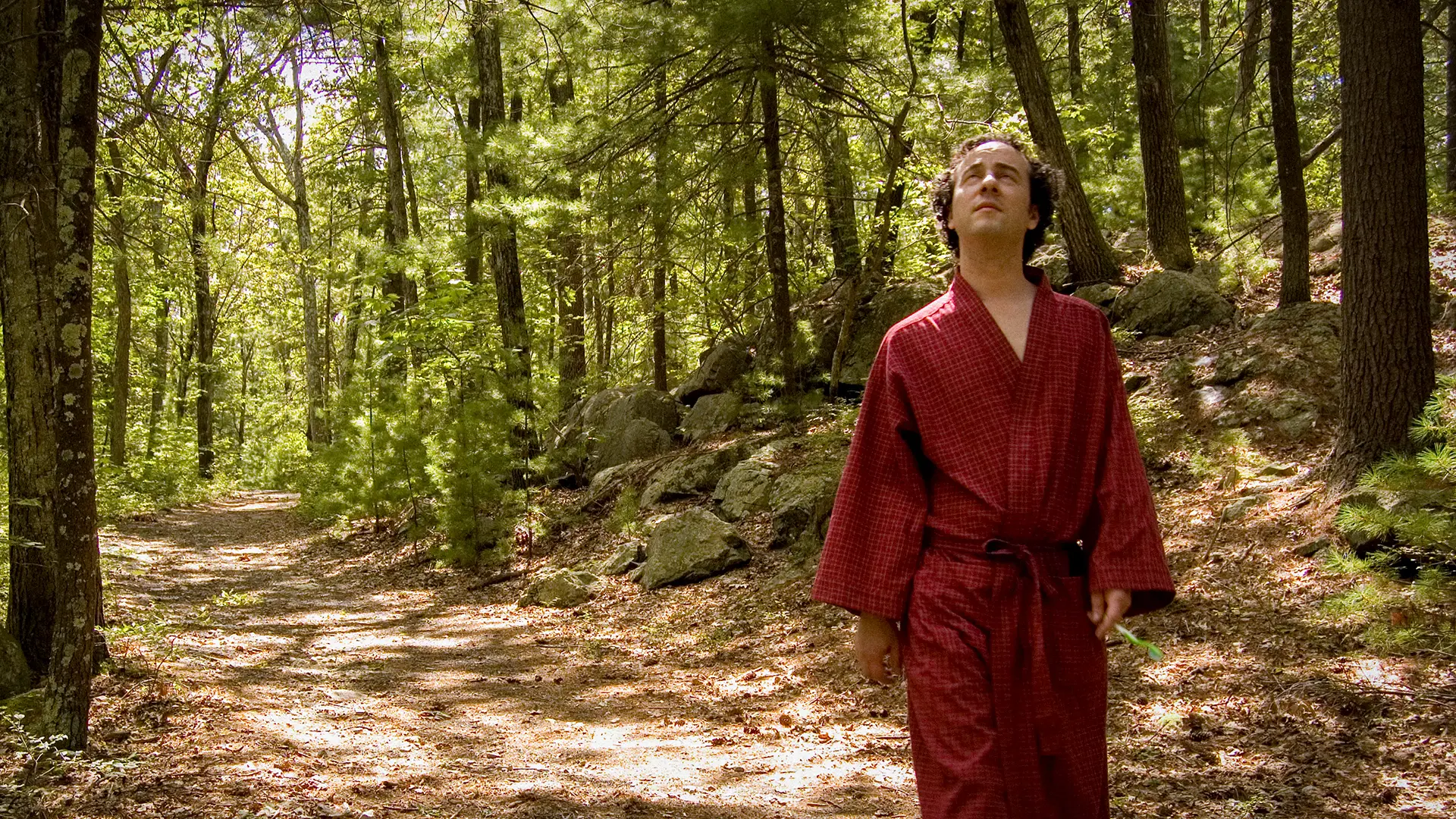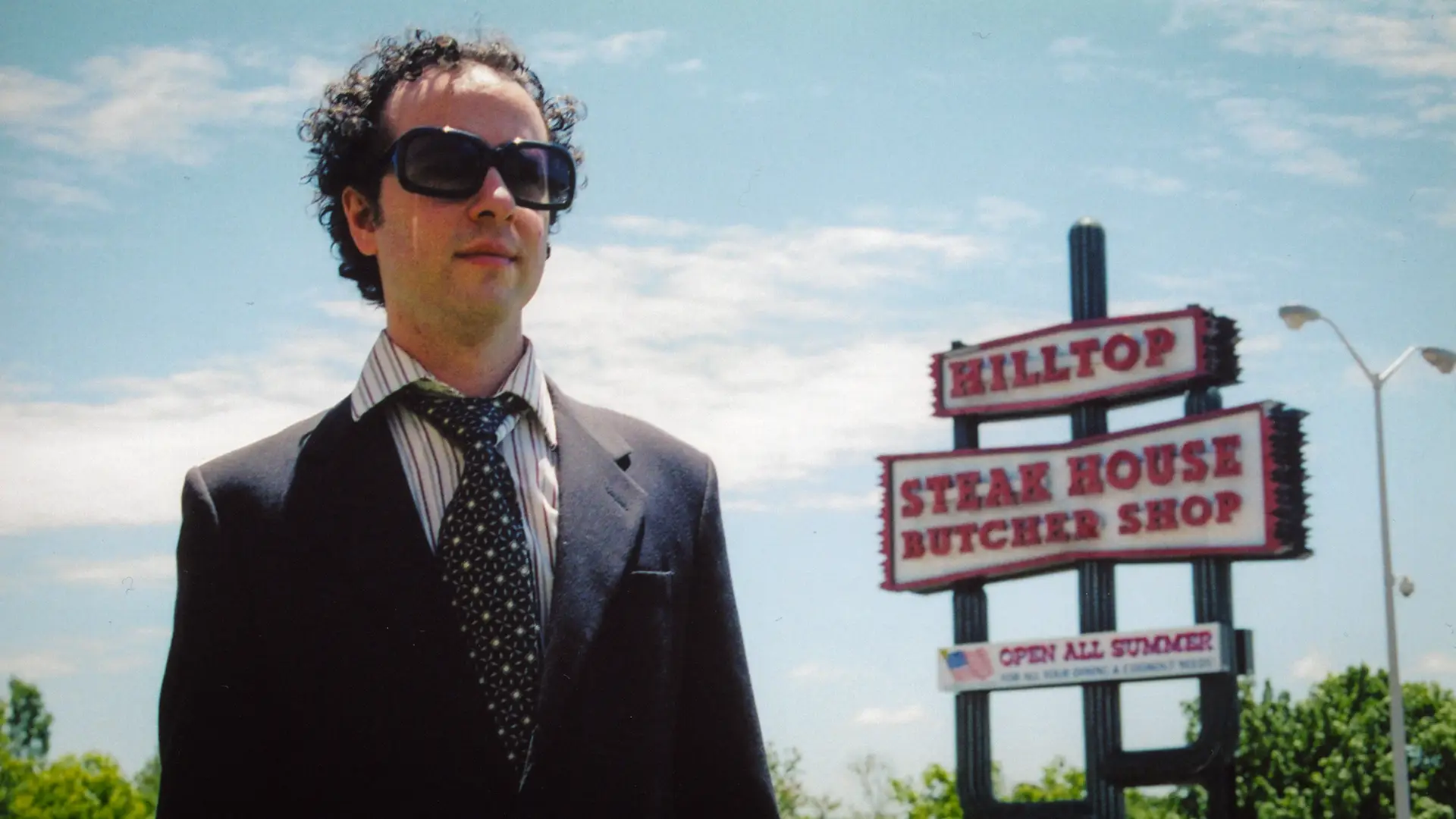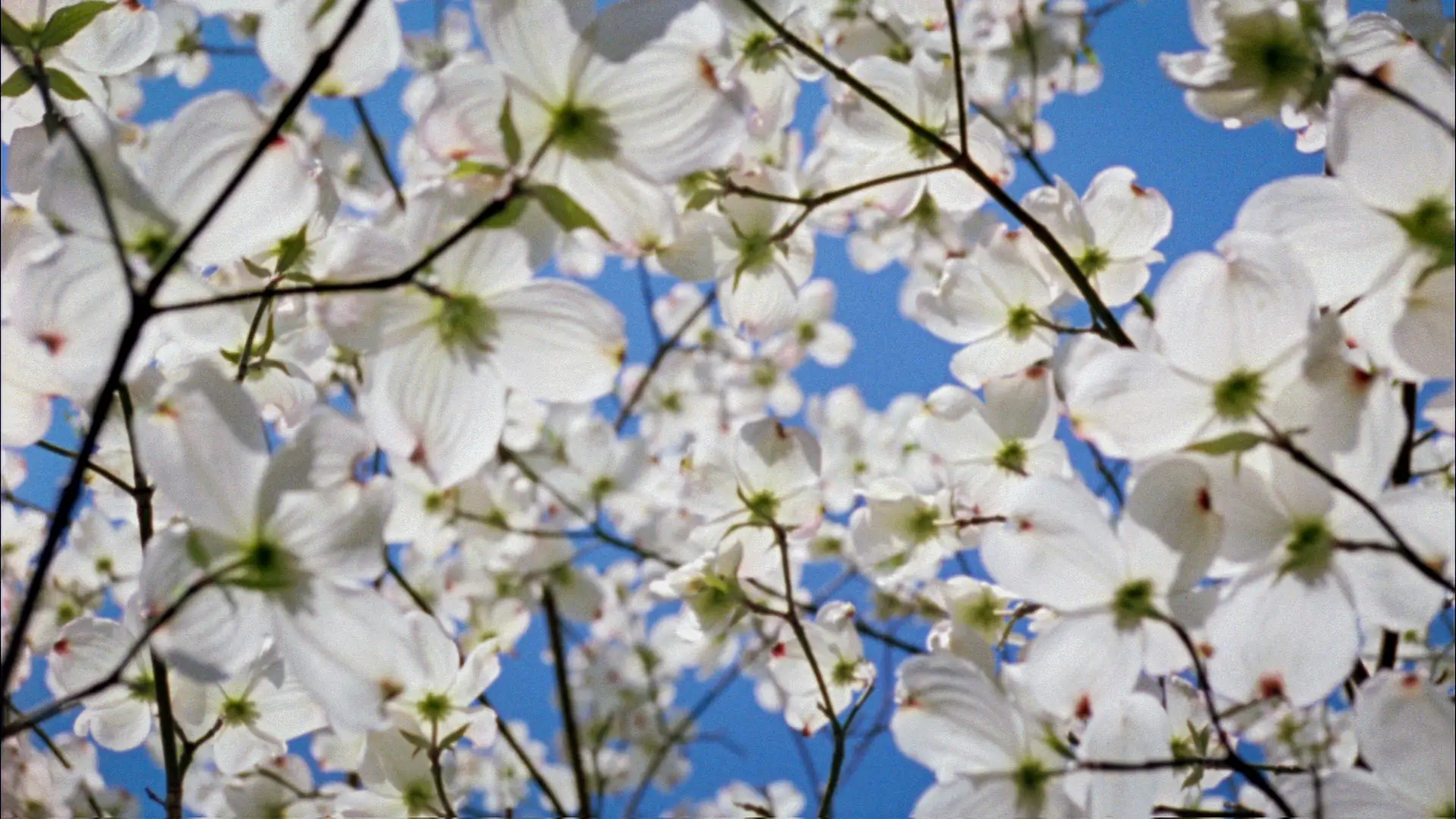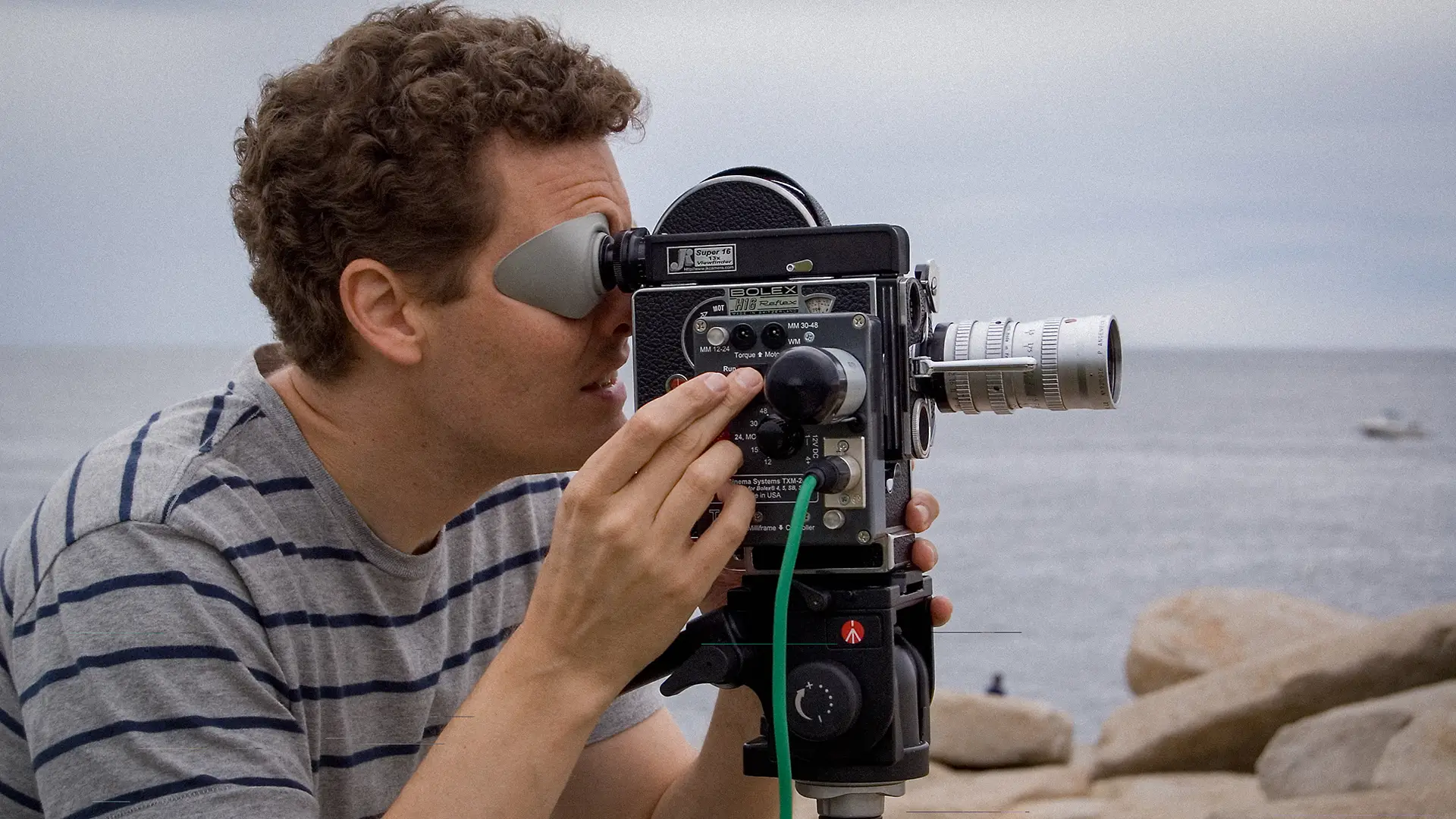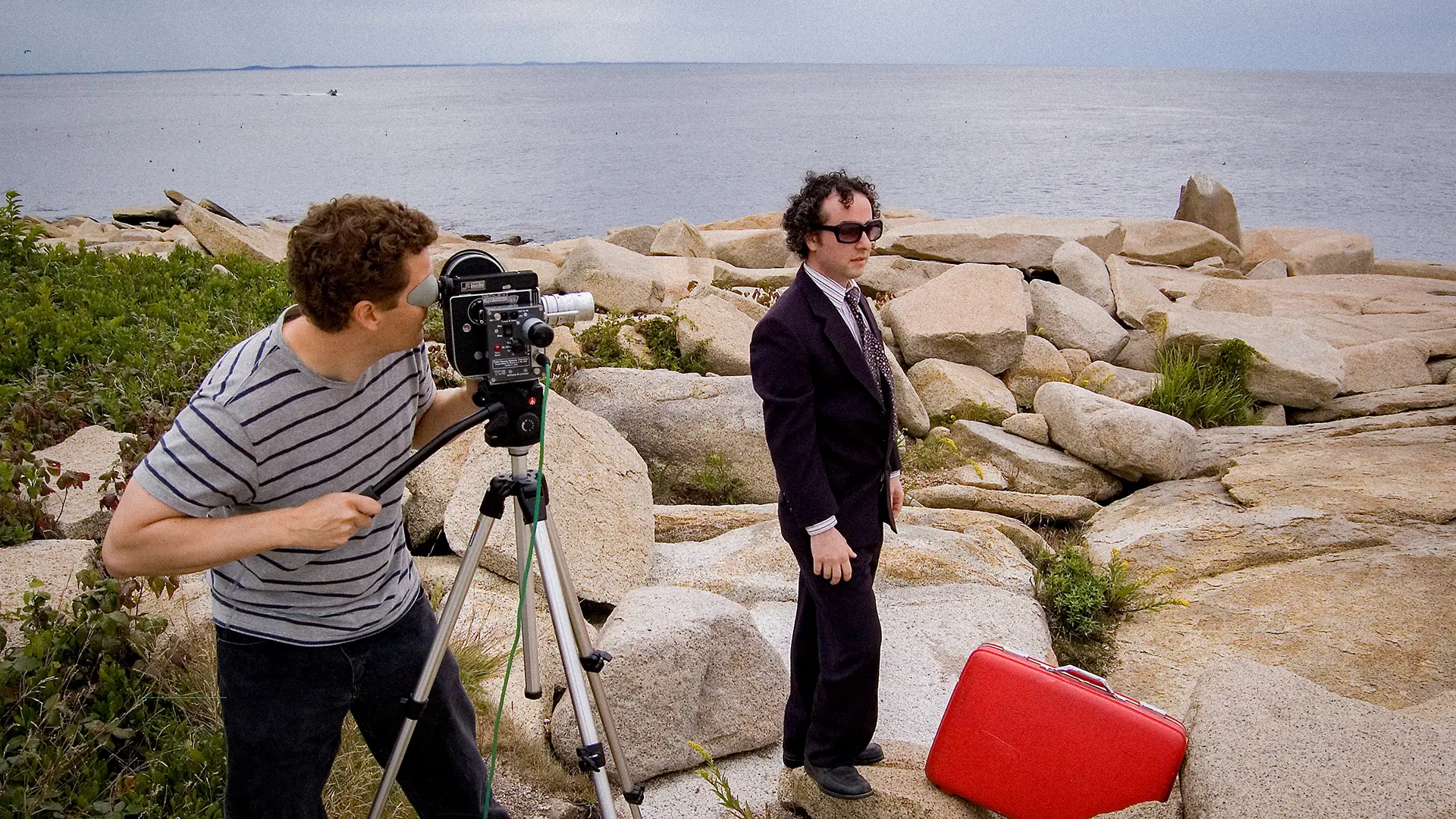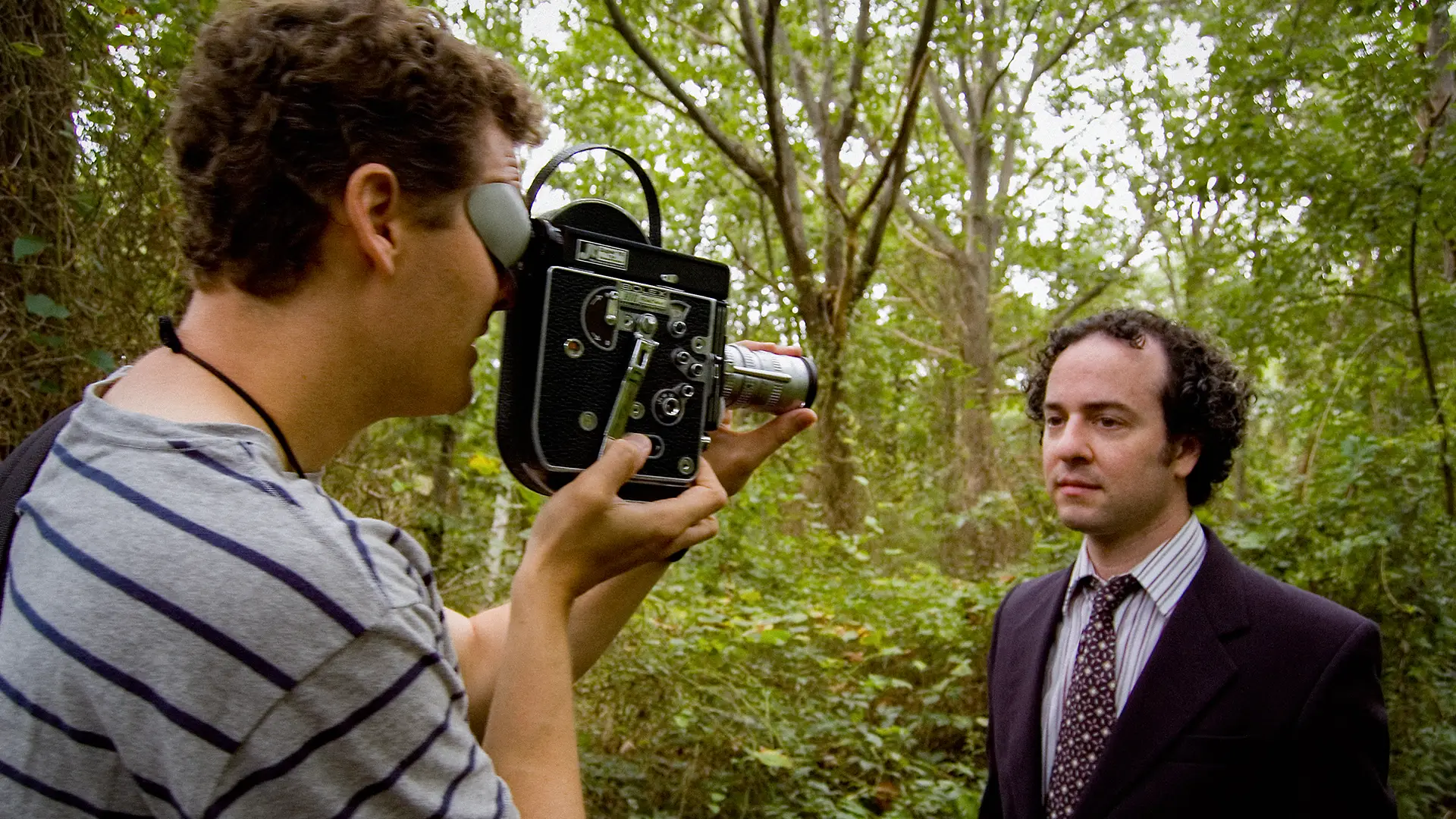2007 . 11 minutes 7 seconds . Super 16mm
When the water mysteriously stops, a man is forced out of his daily routine to examine his life. He revisits his past to consider the places and moments that shaped him. But in a constantly shifting world, these memories have lost the meaning they once had. Have the places changed or has he? What can these places tell him now – and do they always say the same thing? It’s time to pack a bag and head for higher ground.
“The film is an exceptionally rich experience, touching us on an emotional, an intellectual, and on a visual level.”
Film Threat
CAST
Craig Uram – Man
Kevin Doug Fitzgerald – Plumber
Sandra Kelberlau – Woman
Keith Uram – Young Man
CREW
David Baeumler – Writer, Director, Camera, Editor
Christopher O’Neil – Music
Jay Rose – Post production sound & mixing
Danny Gold – Additional sound recording
Sandra Kelberlau – Production Assistant
SELECT SCREENINGS (2008)
European Media Arts Festival Osnabrueck, Germany
Cyprus Short Film Festival – Cyprus, Turkey (Award: Best Screenplay)
Cucalorus – Wilmington, NC
Boston Cinema Census – Cambridge, MA
Humboldt International Film Festival – Arcata, CA
Boston International Film Festival – Boston, MA
Portable Film Festival – Australia
17th Biennale of Sydney – Australia
REVIEWS
Film Threat – September 30, 2009 – David Finkelstein
“I’m not exactly sure when the water stopped,” asks Craig Uram at the beginning of David Baeumler’s excellent short, “Full Stop Hilltop.” Uram portrays a middle aged man with thinning hair, who likes to contemplate the Big Questions of Life, but is a highly inarticulate speaker, rarely able to finish a sentence. The film follows him as he leaves his broken plumbing and his wife to go to a job interview in California, but mostly he seems to be on a philosophical quest.
The story is told entirely through Uram’s voiceover narration, in elliptical prose with poetic overtones. He says that the empty water pipes seem very “thirsty,” and he remembers an early peak experience he had with the woman who we later see as his wife, hiking up to the top of a hill. They forget to bring water with them, and become very thirsty, but they find a refreshing spring at the top of the hill, and they also find sexual pleasure with each other. “Untouched nature” is a concept he associates early on with pleasure and plenitude, and the “thirstiness” he complains of also seems to explain his extreme inarticulateness; he can’t find the right words.
As he leaves for his trip, he packs a red suitcase with an enormous amount of objects with personal meaning for him: books, CDs, a typewriter. (Like Wes Anderson’s “The Darjeeling Limited,” this film literalizes the idea that the characters are carrying around too much psychic baggage.) The extreme, exotic beauty of the flowers and beaches he finds in California remind him again of freedom and sexual fulfillment. He imagines California calling out alluringly to uptight New England, and finally allowing the American landscape to “mean something.” But, at the same time, he constantly questions his own tendency to read meanings into the landscape.
The film culminates in a phone call he receives on his cell phone from the plumber back home, which quickly turns into a desperate philosophical debate, in which Uram demands to know if the plumber believes that there are coded messages to be read in landscapes. He spirals out of control, worrying that the constant writing and rewriting of the American landscape, caused by centuries of development, has rendered the original messages of nature unreadable. We see lurid shots of flowers and landscapes, the camera shaking and careening. This debate with the plumber is both highly comic and emotionally affecting.
“Full Stop Hilltop” does an excellent job of examining philosophical ideas within a narrative framework. The film starts out seeming like an ordinary wryly comic piece which could almost be an episode of a TV show, and through imperceptible degrees, slowly transforms itself into the highly altered state and strangely metaphoric realms of the epiphany of the plumber’s phone call. Uram does a mostly excellent job of portraying a very inarticulate character so that his inarticulateness speaks to us, and the music by Chris O’Neil is always supportive to the mood and rhythm of the piece. David Bauemler’s excellent photography and editing fully bring to life the idea of a man who is constantly looking into landscapes for coded messages. For an 11 minute film, this is an exceptionally rich experience, touching us on an emotional, an intellectual, and on a visual level.

